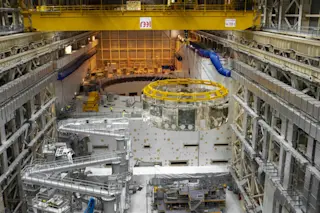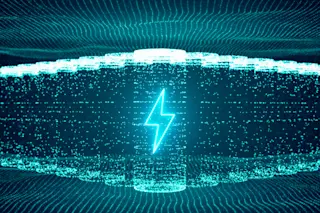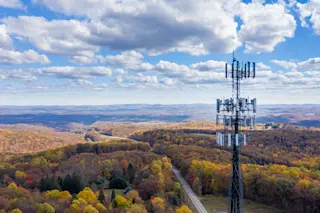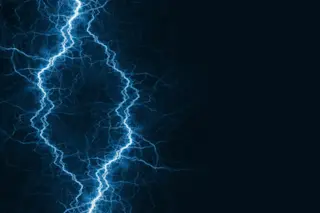The Fukushima Daiichi power plant in 1975, seen from above.
As of this weekend, when Tomari Nuclear Power Plant was shutdown for maintenance, every last one of Japan's 54 nuclear plants have Japan has been taken offline
. Although the shutdowns are supposed to be temporary, after the power utilities' mismanagement of the Fukushima disaster last year
, the Japanese public has registered increasing distrust for official reassurances that nuclear power can be safe. These shutdowns could conceivably become permanent. The world's major economies all use nuclear power to some extent, and Japan, which got about 30% of its power from reactors, was one of the heavier users before the the Fukushima meltdown. Now, public opinion there and the world over has soured toward nuclear power, to the extent that Germany has officially announced plans to abandon nuclear completely by 2022
. As Bryan Walsh at TIME Science points out
...













